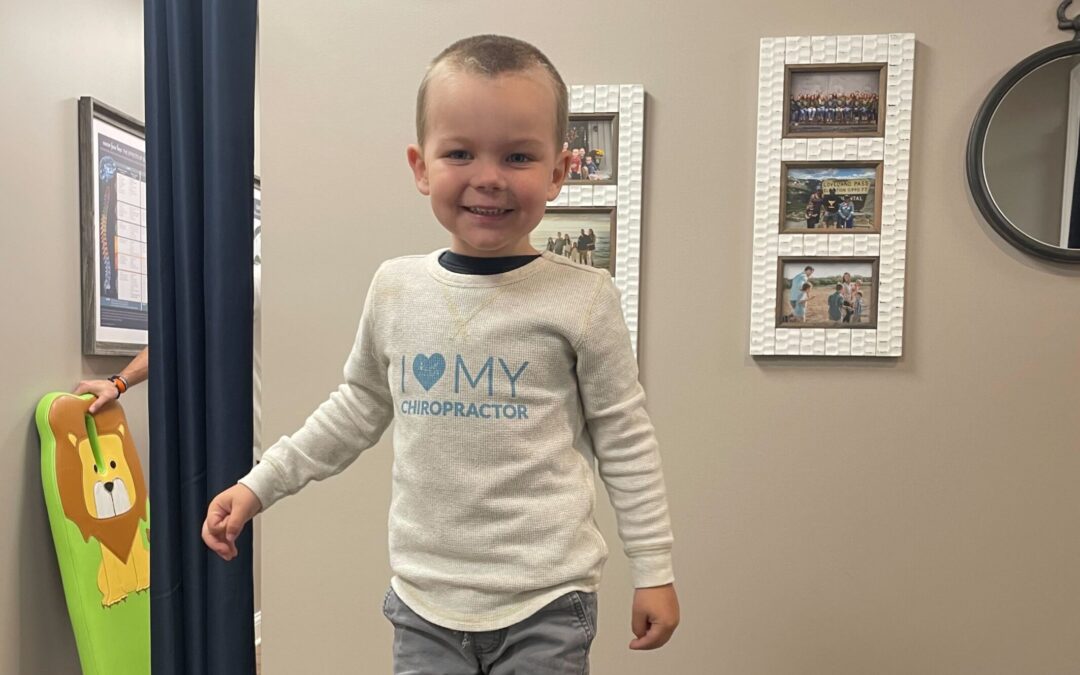You have likely experienced the Covid-19 virus by now, and you are probably aware of the common symptoms such as fevers, chills, headaches, sore throat, fatigue, congestion, nausea/vomiting, and loss of taste and/or smell. Of all these symptoms, headaches seem to be the most common and long-lasting, but you may wonder, how long does a covid headache last? Covid-19 can trigger headaches for weeks and even months.
About 1 in 4 people infected with the virus develop neurological symptoms either while sick or later, and 70% will experience headaches. A quarter of people, in fact, report headaches as their initial symptom. Covid-19 causes a headache due to widespread, systemic inflammation throughout the body, particularly affecting the brain and nervous system.
You can determine if you have a Covid headache by looking for accompanying symptoms such as fever, sore throat, loss of taste or smell or by taking a Covid-19 test.
Covid-19 Can Trigger 3 Types of Headaches
Three different types of headaches can be brought on by Covid-19; tension headaches, migraine headaches, or cluster headaches.
- Tension Headaches are the most common form of headache, and you usually feel it simultaneously on both sides of the head. They may start as short as 30 minutes or last several hours or days. They typically feel like dull pressure or aching.
- Migraine Headaches: are also a common type of headache that can cause intense throbbing or pulsing pain on one or both sides of the head. A migraine is considered a complex neurological disorder that affects areas of the brain. Some people may get a migraine for a few hours or much longer. They can happen every few months or several times a week, which is unique to each person.
- Cluster Headaches: are less common and present as a group of short, intense headaches. They tend to affect one side of the head, behind the eye, around the temple, cheek, jaw, or neck. A cluster is a four to eight-week period during which a person can have several headaches each day – usually around the same time of day or night.
How long Do Covid Headaches last?
The problems of long-lasting symptoms after viral infections are not unique to Covid-19. However, how long a Covid headache lasts is unique to the individual. There is some evidence that Covid headaches can emerge due to a pre-existing headache or in patients who already experience migraines. Furthermore, people prone to migraines and headaches may experience more frequent or severe headaches after the Covid-19 virus. “Long Covid headaches,” as they’re also known, can sometimes last longer than six months.
What is the Root Cause of a Covid Headache?
Traditional medical doctors do not have much research available for Covid headaches and tend to just throw over-the-counter medication such as Aspirin or Tylenol at it. These may mask the symptoms temporarily but fail to get to the root of the problem.
When you contract Covid-19, this immediately sends your immune system into defense mode, working to fight off this virus – which is not a bad thing! The question is, is your immune system prepared enough to fight it off? If not, this could be part of the problem as to why you are experiencing long-term symptoms such as a Covid headache.
To fully answer this question, we need to dig in and take a good look at the nervous system – the control center for all other systems in your body, including the immune system. One of the most overlooked aspects of immune function is the nervous system’s role in its modulation and control.
One way the nervous system modulates the immune system is through the sympathetic nervous system (SNS). The SNS is part of the autonomic nervous system and is responsible for the “fight or flight” response. When the SNDS response is activated, it produces things called catecholamines, which can suppress the immune response and lead to increased inflammation.
Studies have also shown that the parasympathetic nervous system (PNS), responsible for the “rest and digest” response, can enhance the immune response. For example, one study found that stimulation of the vagus nerve, a key part of the PNS, increased the production of cytokines, which are signaling molecules that help coordinate the immune response.
Overall, research such as this suggests that making sure your nervous system is balanced and not struggling with things such as subluxation and dysautonomia may be an essential element in addressing a lingering Covid headache and other immune imbalances.
The Best Defense Against a Covid Headache
The job of a PX Doc is to help strengthen the neuro-immune system, which is done through chiropractic adjustments that stimulate the parasympathetic nervous system and restore autonomic balance. Chiropractic seeks to boost and improve the body’s natural defenses against illness rather than simply trying to cover up symptoms with drugs and medication.
Another recent study also showed long covid patients receiving chiropractic care saw improvements in fatigue and other quality-of-life measurements.
You can take other natural steps to keep your nervous and immune systems working at their full potential. Make sure you are getting plenty of sleep. We tend to have more stress in our lives than ever before and aren’t getting enough sleep because we are stressed or on the go at all times. Our body does its best work while sleeping, so work to prioritize that. To read more about how stress can play a critical role in disease progression, check out this article.
Try to get plenty of sunshine, and if you can’t get outside as much in the winter, make sure you are loading up on vitamins D and C. This will help build your immune system up and be ready to fight off any virus that comes your way. Dr. Josh Axe and Ancient Health Institute are great resources for supplements and vitamins.
Get outside, get fresh air and exercise. When you move your body and sweat, you detox your system, release stress, and calm your brain. This results in a healthier, stronger nervous system that will boost your immune function.
Lastly, be sure to get regular chiropractic adjustments, and when you’re fighting something off, boost adjustments are always a good idea.
The Power of Chiropractic as a Care Option for a Covid Headache
If you are struggling with a Covid headache and have already exhausted all traditional medical options and even natural remedies, your first step should be to schedule a consultation and examination with your local PX Doc.
Our PX Docs will first sit down and have an in-depth consultation with you to listen and gather everything they need to know about your case history, going way back even before Covid-19 began to help determine how prolonged stress and sympathetic dominance may have been affecting your entire nervous system.
They will then use incredible technology called INSiGHT Scans to measure precisely where and how much subluxation and dysautonomia lie within your nervous system. These are incredibly safe, easy, and take no longer than 15 minutes. From there, they will put together a customized Care Plan that will result in personalized care for your situation.
Once you start with your care plan, the adjustments will begin to calm and regulate the nervous system, lessening the sympathetic response and increasing the parasympathetic and vagus nerve response instead. As tension is released from your nervous system, other key systems like the immune system, sensory system (smell, taste, touch, etc.), and digestive system can also improve function.
So many patients find relief of all kinds with neurologically-focused chiropractic care, and you can too! Visit our directory right away and find your local PX Doc today!





